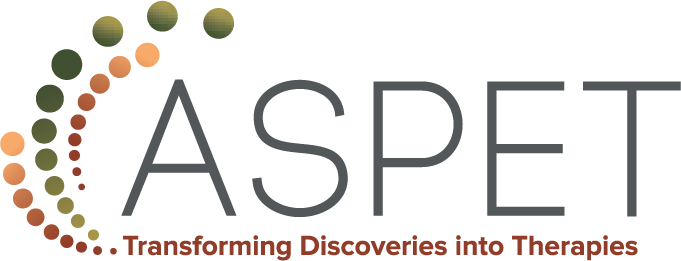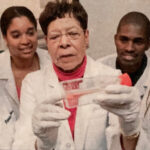Opportunities for Early-Career Scientists
As the professional home for pharmacology, ASPET welcomes everyone involved in the field, including early-career professionals. We recognize the unique needs of students, postdocs and other early career professionals and provide them with opportunities to develop both their skills and their career options.
The ASPET Mentoring Network is just one of many ways the Society provides the training that graduate students and postdoctoral trainees need. The program focuses on developing skills needed to succeed scientifically, professionally and psychologically, including discussions about experiences and pressures faced by underrepresented groups in the sciences. Each class kicks off its training at the ASPET Annual Meeting, providing an in-person and interactive way to start this highly impactful coaching experience. Discussions typically include work/life balance, interview skills, job searches, networking, grant writing and other topics that are important for professional growth.
For those early-career scientists who are interested in learning more about advocacy and science policy, the ASPET Washington Fellows Program provides an excellent foundation. Washington Fellows participate in policy training webinars to introduce them to government and science policy that will impact their work, such as NIH funding levels and animal research. The experience is capped with an in-person Hill Day, where the Fellows travel to Washington, D.C. to meet with their congressional representatives to advocate for the importance of biomedical research.
While the Mentoring Network and Washington Fellows programs are well-established, ASPET recognizes that the needs of early-career scientists change, and that the Society needs to respond accordingly. That’s why, in 2023, ASPET launched the inaugural class of the JPET Editorial Fellowship Program. Aimed at senior post-doctoral fellows and junior faculty members, the program provides an in-depth opportunity to work interactively with an associate editor of the Journal for Pharmacology and Experimental Therapeutics to build important skills as a peer reviewer and as an editor.
Whether one is interested in developing skills as a journals peer reviewer, becoming an advocate for biomedical research or obtaining training on a variety of professional development areas, ASPET is proud to offer programs to meet the needs of its early-career members.

Dave Jackson, MBA, CAE
Executive Officer, ASPET



